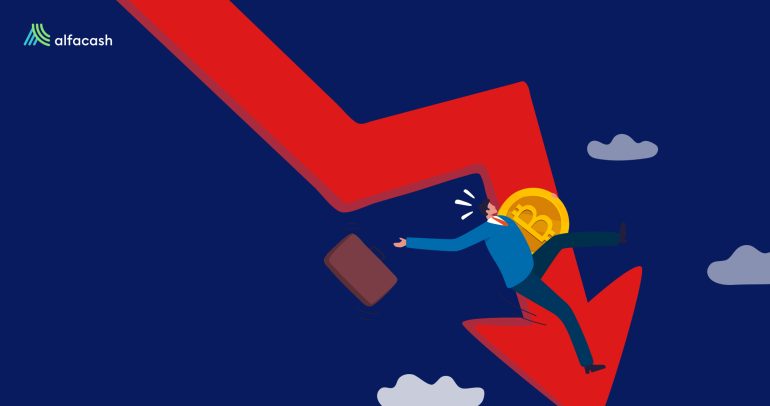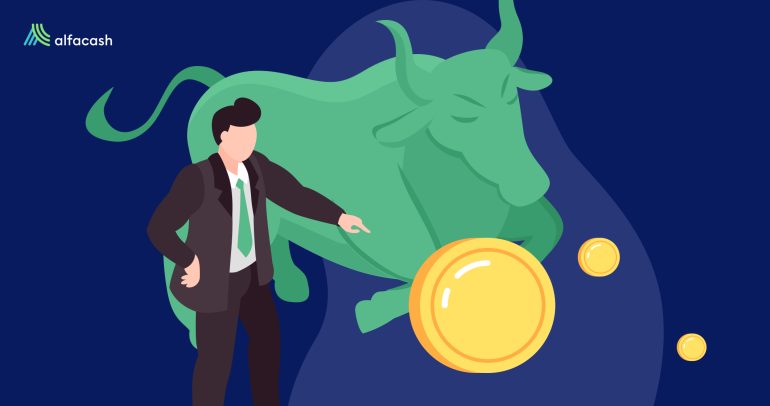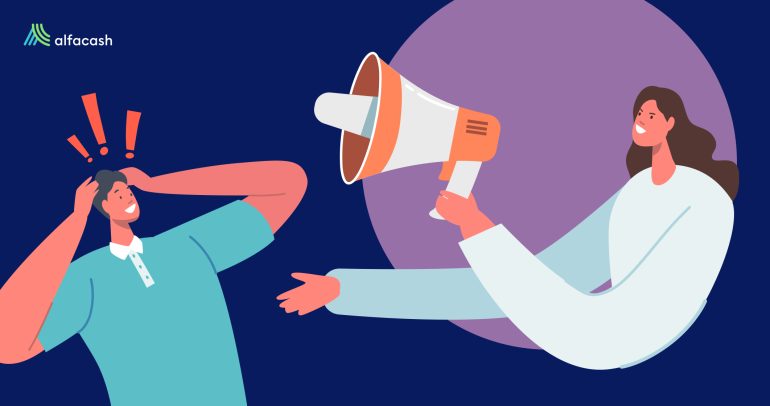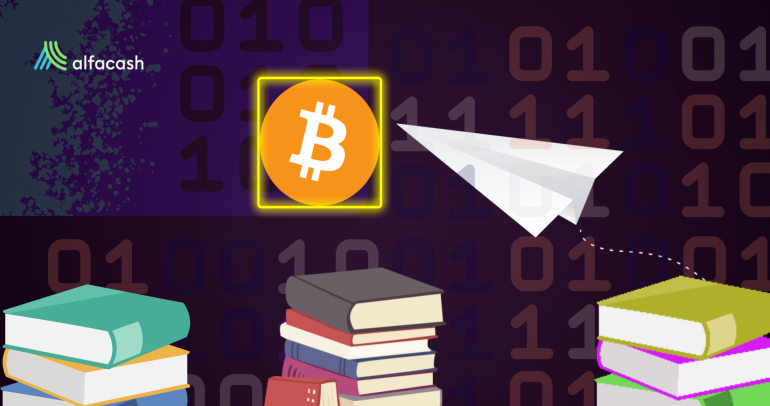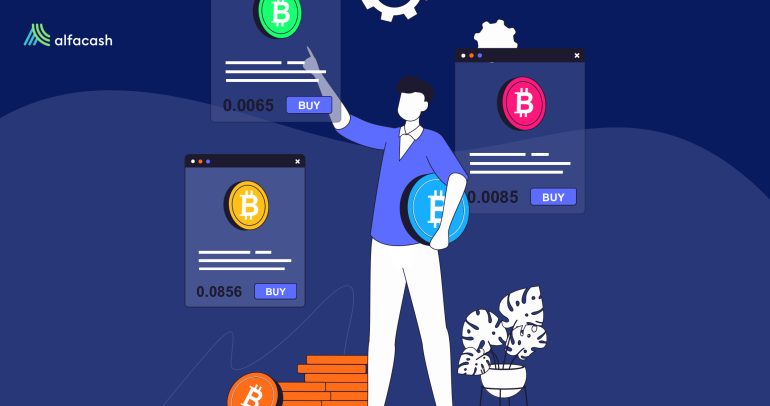You’ve finally decided to buy some cryptos! Because… everybody is buying and earning, right? Well, not exactly like that. Not the opposite, either. Then, what? What is the truth about cryptocurrencies? Have they value? How many can you buy? Can you use them just for investment? You need a comprehensive techy-course to learn how to handle them?
Let’s pause your trading for a second and wreck the most popular cryptocurrencyA digital currency running on a blockchain and built with cryptography. Contrary to central-bank issued currency, cryptocurrency issuance rules are... More myths. If you’re going to immerse yourself in this huge and interesting world, there’s some lies and doubts you need to solve first, in order to avoid really nasty surprises later. Ready? Set? Go!
BitcoinBitcoin is the first decentralized digital currency. It was created in 2009, by an anonymous founder or group of founders... More and cryptocurrencies have “ghost-value”

There will be always someone out there telling you something like “cryptos are backed by nothing. They’re not physical, they don’t exist, they have no real value!” Well, you can ask them back: Have you ever thought about why the papers with numbers in your pocket have some value? No? They’re just papers, after all.
Let us tell you the answer: it’s because an entire country (and the world) agrees about their value. The bills, the coins, the transfers, the money has value because we believe it has value. And if we believe it has value, we can exchange it with others, to get some useful goods and services. Like, you know… food and housing.
If we can’t exchange the money for other products, then it’s totally useless. So, we need the magic of believing. Now: why we believe in those little papers? They’re apparently backed (and mint) by some (not-very- trustworthy) governments. And we arrive at last to the complaint about cryptocurrencies: they’re not backed (or mint) by any government or central institution. Not most of them, at the least.
But hey, that’s indeed a good thing. We still can use the magic of believing (in the form of supply and demand) without the drawbacks put by central authorities and intermediaries, like censorship, limits, high fees, account freezing, requirements, documents, wasted time, and everything related to traditional money. So, cryptocurrencies have value because they’re very useful and a lot of people have already discovered it. Isn’t that cool?
You can’t buy less than one entire Bitcoin/Ethereum/Litecoin…
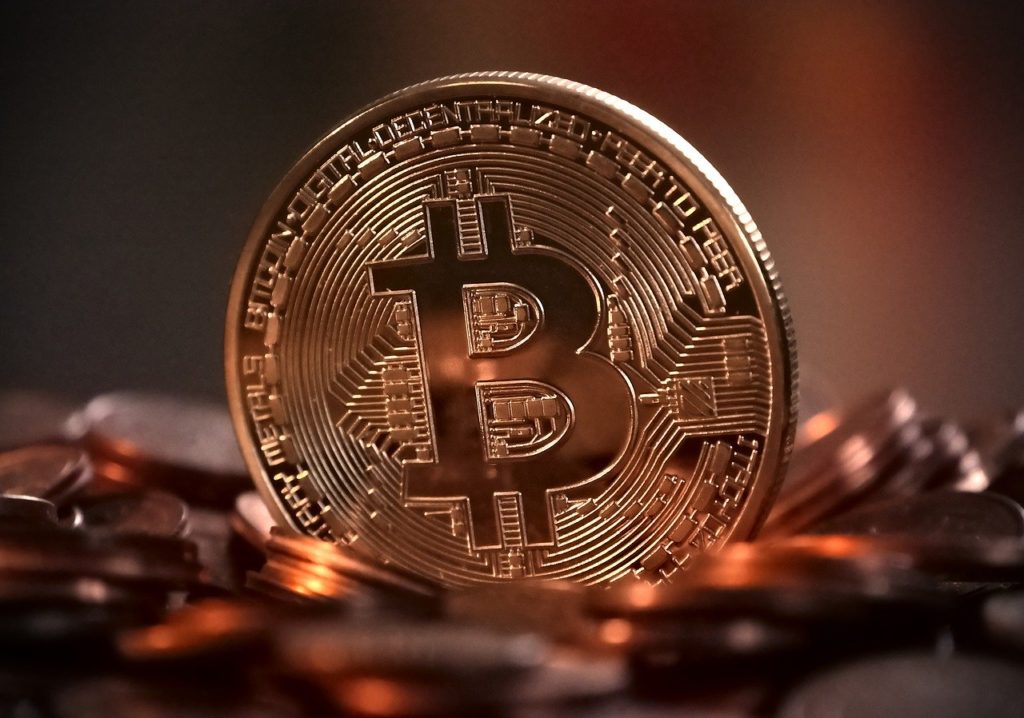
Let’s check quickly: one Bitcoin costs around 10.200 USD, one Ethereum costs around 353 USD, and one Litecoin costs around 48 USD today. You want to buy some of them, but you have like… 30 leftover bucks in your pocket. You have no hopes, right? Yes!
You can buy 30 USD of each one, or even divide that quantity to buy a bit of LTC, a bit of BTCAn abbreviation for Bitcoin., and a bit of ETH. You don’t need to buy a complete “coin”, you just can buy what you have and what you need. Cryptocurrencies are divisible by several decimals. Bitcoin, for example, is divided into units as small as 0.00000001 BTC (around 0,000102 USD, if we use the current exchange rate). Ethereum has even more decimals: 18. And Litecoin has eight decimals, just like Bitcoin.
Depending on the cryptocurrency, the number of decimals can change, but it’s very common to be able to buy one dollar and even much less. So, it doesn’t matter you can’t buy a whole unit. You still can own (and send) valuable fractions of your favorites cryptos, facing very low fees per transactionA cryptocurrency transaction is an entry on the blockchain ledger, noting sender, receiver and number of coins transacted. More.
Cryptocurrencies are illegal!
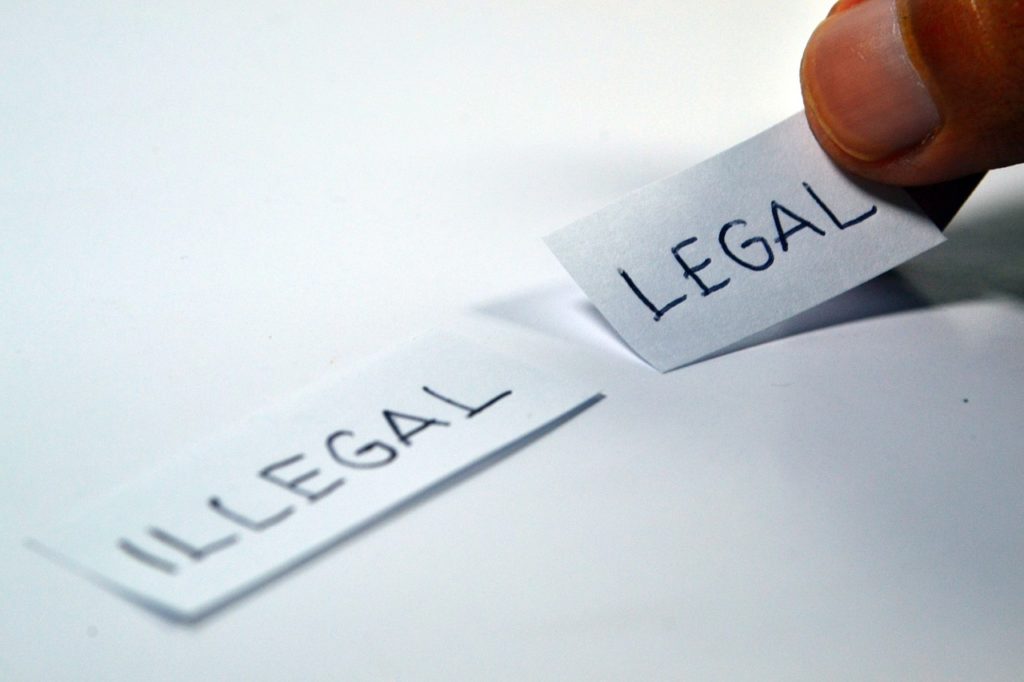
Calm down a bit, please. For starting: the legality and regulations regarding cryptocurrencies depend on the country or territory, but we can tell you from now they’re completely legal in most of the world. Few countries have expressly forbidden the use and exchange of cryptos. Here is the (short) list:
- Algeria
- Egypt
- Morocco
- Bolivia
- Nepal
- Pakistan
On the other side, we also have countries where cryptos are legal, but they have banking bans or are restricted in some way. These are:
- Russia (allowed, but not to be used in exchange for any goods or services).
- Vietnam (allowed, but not to be used in exchange for any goods or services).
- Indonesia (allowed, but not to be used in exchange for any goods or services).
- Cambodia (allowed, but not for the use of banks)
- Canada (allowed, but some activities are regulated and some banks have banned them).
- Colombia (allowed, but not for the use of banks)
- Jordan (allowed, but not for the use of banks)
- Bangladesh (allowed, but not for the use of banks)
- China (allowed, but crypto-exchanges and ICOs are banned. The banks can’t use them either).
- Taiwan (allowed, but not for the use of banks)
If your country isn’t on these lists, congratulations! You’re totally free to use cryptocurrencies as you want (and your banks too). But we must warn you: every territory has its own regulations about it. The United States and the European Union, by example, use to ask for some taxes and/or Know Your Customer (KYC) requirements for certain activities. Thereby, before you use them, it’d be nice to check their legal status in your place.
Cryptocurrencies are very difficult to use (and you can’t buy many things with them)

Maybe you’re worried about the fact you’re not precisely a computer genius, right? Cryptos looks so techy and intimidating in that way. Maybe you’re going to lose your money or blockA collection of cryptocurrency transactions. Every few minutes (or seconds, depending on the blockchain) one miner or validator verifies the... More something all by accident. Not to mention you’re prone to lose your phone. And they’re just used for trading, not for general retails. Then, is better not to use them! Well, that’s incorrect, my friend.
Cryptocurrencies may be difficult to build (as any other computer program), but they’re very easy to use, for everyone. They work through walletA crypto wallet is a user-friendly software or hardware used to manage private keys. There are software wallets for desktop... More apps or friendly exchange webpages (like Alfacash!). And don’t worry, everything is very intuitive. Have you ever use an app (any app)? A bank webpage? Then you’re all set! The appearance isn’t so different from them. You just need to choose a wallet or webpage and follow the instructions on it. Indeed, we’ve already prepared a guide for you to buy Bitcoin in some simple steps.
Regarding losing your phone (and your cryptos with it), don’t worry either. Your cryptos aren’t in your phone or dispositive, but safe inside the blockchain (a super cryptographic cloud-like database). You can use them later not just for trading with other currencies, but for buy goods and services: in webs like CoinMap we can find +19.643 venues accepting cryptos around the world.
Cryptocurrencies are anonymous and untraceable

Not every cryptocurrency is anonymous. Indeed, there are few anonymous currencies. Bitcoin isn’t anonymous at all: it’s only pseudonymous. This means you don’t need to give your real identity to open or use a wallet, but the addresses generated by your transactions can be easily seen and followed. The Bitcoin blockchainBlockchain is a type of database storing an immutable set of data, verifiable to anyone with access to it —through... is transparent and public: everybody can check on the Internet their addresses records. Even they can identify the IP addressAn address is a blockchain equivalent to a bank account number in the traditional financial system, or an email address.... More (and, therefore, identify you) if they know how to.
With networks like Ethereum, Litecoin and XRP is the same. Dash it’s partially private, and Zcash and Monero offers to be fully anonymous. Of course, according to the researching firm Chainalysis, Zcash and Dash aren’t as anonymous as they want to be. To date, Monero seems to have the major digital resistance to being tracked. But there’s nothing sure in this life. The cash (fiat) money still has the title as the most anonymous payment method.
You can get rich easily just buying some cryptos
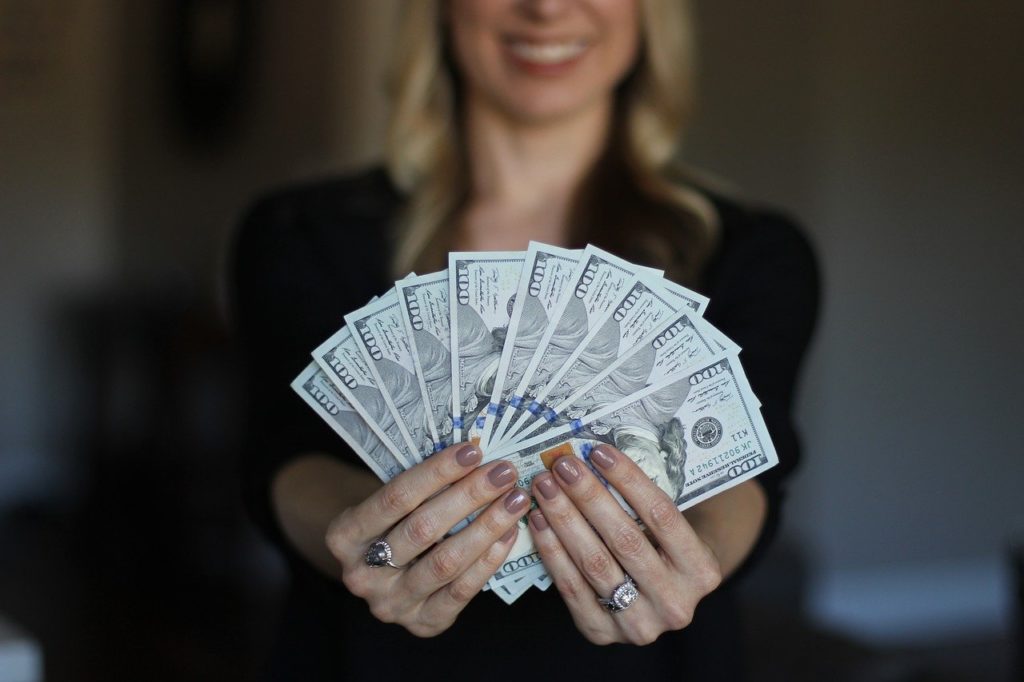
The timing is bad in that phrase: you could’ve gotten rich easily just buying some cryptos… in 2009-2013. But by then nobody imagined that. It was a lucky strike for the “early birds”, who mainly were developers, geeks, gamers, and privacy activists. Really few investors in there. Some other people bought BTCs out of curiosity and they later lost the private keyA cryptographic key that is used with an algorithm to encrypt and decrypt data. A cryptocurrency private key lets you... More or storage disk with hundreds or thousands of them. Something to cry, but life goes on.
At the current date, if someone is promising you extraordinary earnings just by owning some cryptocurrencies or “invest” in their marvelous project, they’re probably going to scam you. There’s an awful lot of scams using the name (and just the name) of cryptocurrencies, so, you have to be careful and do your own research (DYOR, as we say within the ecosystem). Getting rich isn’t easy. Easy money doesn’t exist, and if someone is trying to tell you otherwise to make you invest in some project, you need to be extra incredulous.
It’s too late to invest in cryptocurrency

The last point leads us to this: is it too late to invest in cryptos, then? The lucky strike is gone? Can’t I make any money currently? That depends on several factors. To sum it up: you can make some earnings, but you need to study a lot and take calculated risks.
The main use of cryptocurrencies should be payment methods (as any other money), but it’s possible (and popular) to build an investment portfolio with them. The cryptos price is highly volatile, so, they may be attractive to make some earnings in the short and long term. You can practice trading, as anyone can in the traditional stock exchange. But first, you need to know very well about economics and even more about the cryptos in which you will put (and risk) your money.
Another way to invest in cryptocurrency is mining and stake. You can become a validator of a blockchain network, and receive a reward for it. For this one, you’ll probably need some specialized machines and good software and hardware.
In conclusion: isn’t too late to invest in cryptocurrency! Bitcoin always tends to rise, and there are very good predictions about its price for the next years. You can be a validator as well, and earn some money. It may be not that easy or fast in any case, but yes, it’s possible. You know: “The best time to invest was yesterday, the second-best time is today”.
Wanna trade BTC, ETH, and other tokens? You can do it safely on Alfacash! And don’t forget we’re talking about this and a lot of other things on our social media.
Twitter * Telegram * Instagram * Youtube *Facebook * Vkontakte
